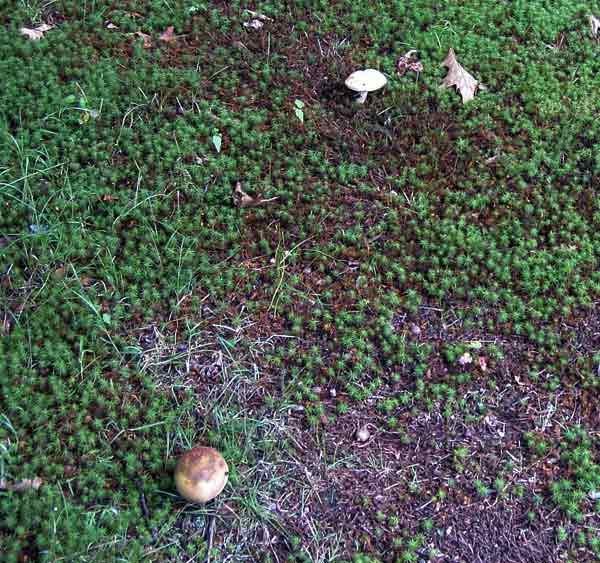 Unfortunately, as is often the case with legal issues, that's not quite the end of the matter as local bye-laws set by councils and covering land held by the National Trust, Natural England, Scottish Natural Heritage and the Countryside Council for Wales may remove the right of foraging and then there's the almost inevitable opposing legislation to consider. The Widlife and Countryside Act 1981 covers foraging and makes it an offence to uproot any wild plant without the land owner's permission, or to forage on a Site of Special Scientific Interest (SSSI).
Unfortunately, as is often the case with legal issues, that's not quite the end of the matter as local bye-laws set by councils and covering land held by the National Trust, Natural England, Scottish Natural Heritage and the Countryside Council for Wales may remove the right of foraging and then there's the almost inevitable opposing legislation to consider. The Widlife and Countryside Act 1981 covers foraging and makes it an offence to uproot any wild plant without the land owner's permission, or to forage on a Site of Special Scientific Interest (SSSI).
From this it seems that whilst you can pick mushrooms you can't uproot a plant, although you can strip it of its foliage and/or fruit; all providing its for personal use and not commercial gain and as long as it's not on an SSSI or where a local bye-law is in effect to remove the right. You can pick blackberries and make jam, but you can't then sell the jam at a country fair or serve up your pickings in a paid-for meal.
In practical terms it really comes down to a common sense attitude of foraging responsibly and leaving some fungi, fruit or foliage behind when picking. Natural England produce a Code of Conduct based on acting responsibly to ensure biodiversity but supporting the right to forage for strictly personal use on wild land; a code backed by the National Trust. The National Trust's Conservation advisor Matthew Oates comments that "I know of people being told off for picking blackberries and sloes by some local wildlife groups....But it's difficult to prove that the law has been broken, nor is there the will in the National Trust to go down this route. It would come down to whether [foraging] was done for commercial gain, and whether it threatens habitats and species." "Our view is to invite people to come and do it on National Trust land if it's for personal or family consumption.But if it's for commercial gain, come and talk to us first."
In short then, providing there's no bye-law in force, and where there is a notice MUST be displayed at the entrance points to the area covered by the bye-law, you can feed yourself from the pickings of our wild land's fruit and vegetation but you can't sell anything you pick. You won't get prosecuted for the odd jar of preserve or bottle of elderflower wine at a country fair, but start making a business out of it and you've crossed the line. If want to take advantage of the wonderful autumn fruits or have wild mushrooms in your wild camp meal just act responsibly and remeber to take only what you're going to eat and leave plenty behind not just for others but for the wildlife that lives on it and the future survival of the plant in that location.
Note: This article was restored from the archives. It's published creation date is inaccurate.

